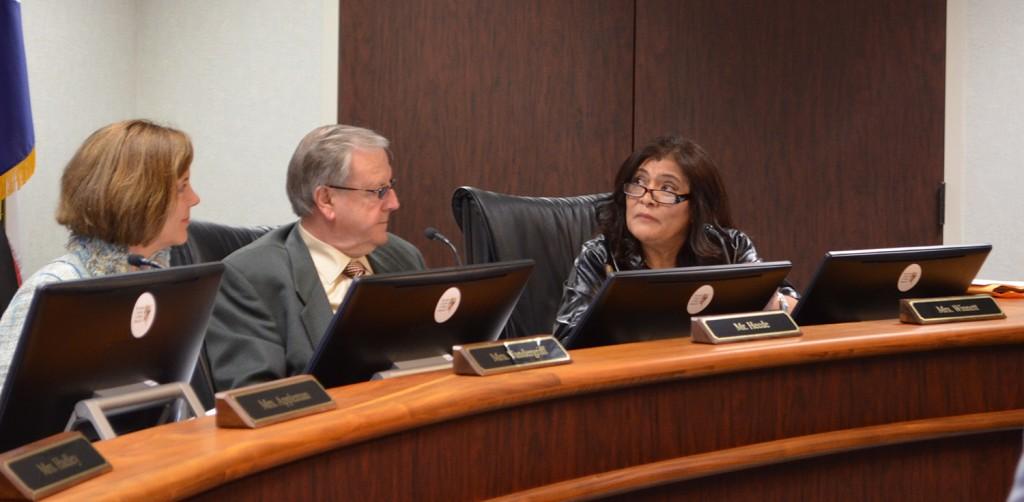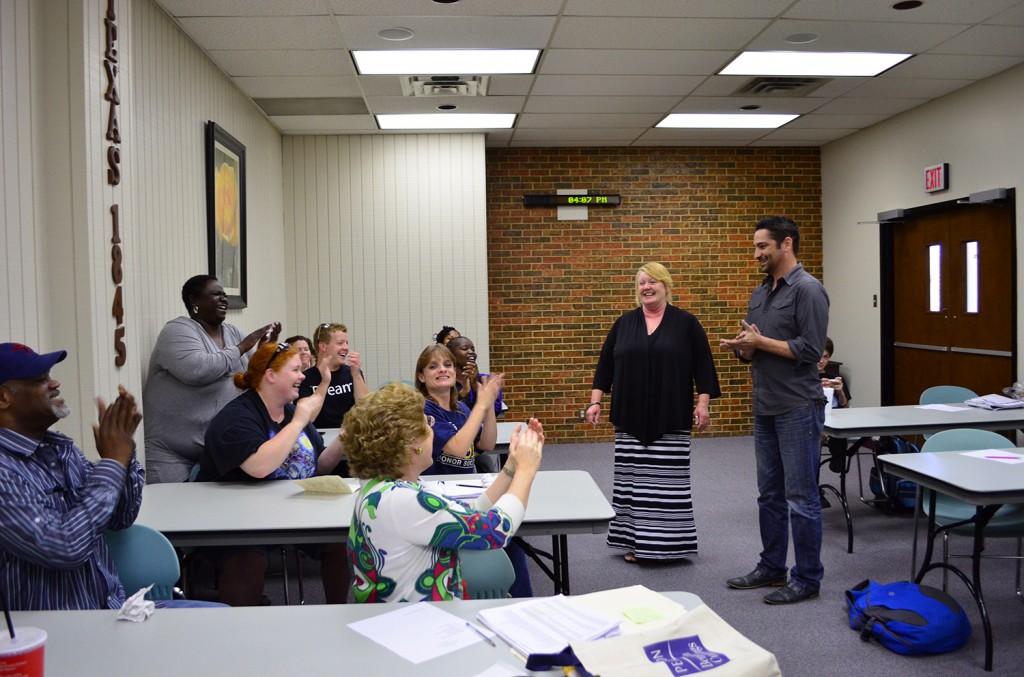By Allen Rosas/reporter
The most important thing students can do when it comes to financial planning is establish an emergency fund, a NE counselor advised during a recent personal finance seminar on NE Campus.
Randy Saleh spoke about the benefits of financial and debt planning with students April 2.
About 70 percent of Americans spend less than 20 minutes addressing and understanding their finances, Saleh said.
“That’s not even five minutes a week,” he said. “The most important thing we can do is always establish an emergency fund. Emergencies happen … unexpected events happen.”
Saleh talked about the different ways students can save money and build on that savings. One example he insisted on was “giving our money a name” by setting aside envelopes with labels on them such as food, rent, utilities and fun.
“We want to become very proactive,” he said. “If I don’t name my money, what happens to it? It’s gone.”
So if people just start putting money in envelopes, they will definitely start saving, Saleh said. Usually, it will take about three to four months to establish the habit, he said.
Saving during college and staying debt-free has many benefits, Saleh said.
“Student loans are becoming a cancer on American economy,” he said. “They are now the No. 1 consumer debt.”
The average student graduates with $30,000 of college loans and about $20,000 in credit card debt, Saleh said. Graduating with a college degree is beneficial, but Saleh offered advice.
“Pay off your college loans ruthlessly once you graduate,” he said.
A helpful tip to keep in mind is basing schedules on how much people can handle and not how much they receive, Saleh said.
Saleh said a good credit-building strategy is opening up credit cards and maintaining a good score by paying them off every month.
“Charge $20 a month on a credit card, and pay it back on time,” he said.
Credit scores are important. The average credit score for Americans is 678, which is about “uncertain to fair,” Saleh said.
Students need to be smart and strategic about using credit by getting out and being debt-free, Saleh said.
“If you have a credit card, keep it active,” he said.

























